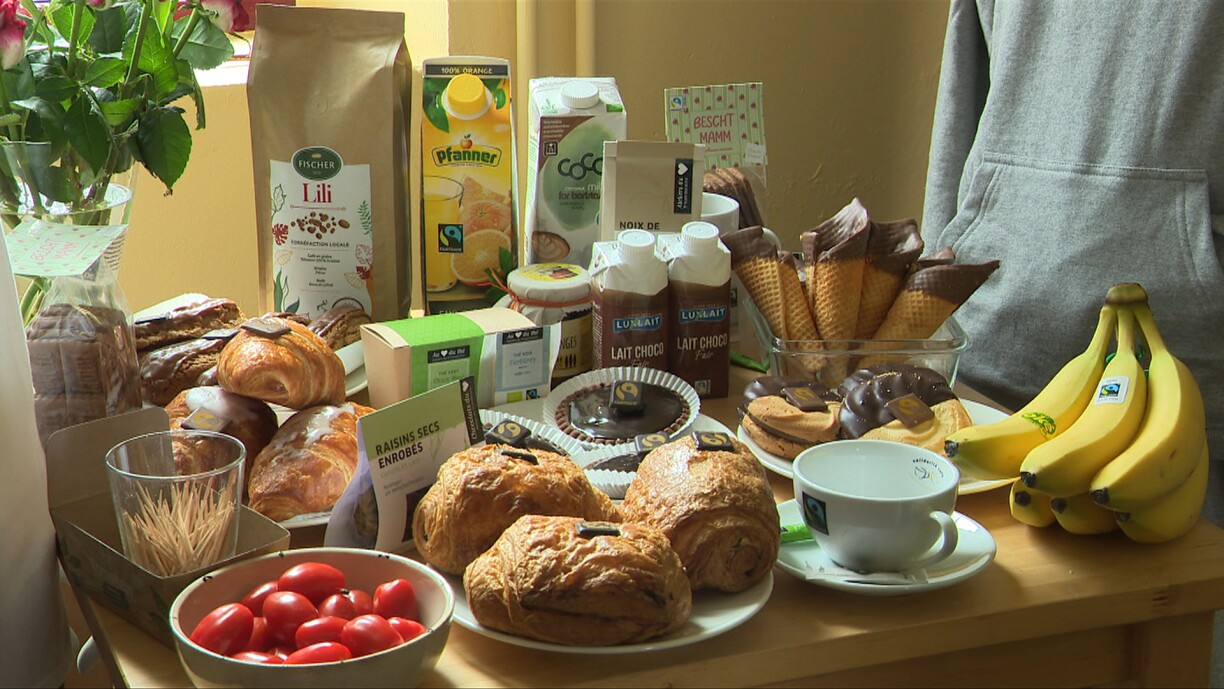
Despite facing crises, challenges, and significant price volatility, fair trade in Luxembourg continued to grow last year. This was confirmed by Fairtrade Luxembourg during a press conference presenting the latest figures.
Luxembourg remains the second-highest consumer of fair trade products per capita in Europe, spending an average of €85 per person annually, just behind Switzerland.
Nevertheless, Jean-Louis Zeien from Fairtrade Luxembourg voiced strong concerns about the wider global context. He criticised the increasing dominance of a “business first” mindset, the rollback of development aid, and the way competitiveness is being used as an excuse to sideline sustainability.
He stressed that in a world where economic power trumps ethics, producers in the Global South face mounting pressure. In this environment, he sees the continued growth of fair trade in Luxembourg as an encouraging sign of consumer awareness and solidarity.
Zeien drew particular attention to the cocoa sector, calling it one of the most critical areas due to the intense and overlapping pressures faced by producers.
He explained that these farmers are not just grappling with one challenge, but with a whole cocktail of issues: deforestation, shrinking cocoa plantations, and the lure of quick profits from illegal gold mining. In Ghana, he added, child labour remains widespread, which makes it all the more essential to support certified cooperatives that work against these problems through preventive programmes and investment in education.
In 2023, over 600 tonnes of fair trade cocoa were sold in Luxembourg, marking an 11% increase compared to the previous year.
Coffee sales dipped slightly by 5% but still amounted to more than 450 tonnes. Bananas remained the most popular fair trade item, with over 2,200 tonnes sold, meaning one in three bananas consumed in Luxembourg came from fair trade sources.
Zeien underscored that this level of market penetration proves fair trade is no longer a niche concern. “At a 30% market share, we’re far beyond the niche stage”, he emphasised.
Sales of fair trade cotton also rose significantly, with 41 tonnes sold – up 17% from the year before. This growth was particularly notable in the professional sector, especially work-wear, where both private companies and public bodies have increasingly opted for ethically sourced clothing.
Altogether, fair trade products worth over €57 million were sold in Luxembourg in 2023 – a 10% increase compared to the previous year. For Zeien, these figures demonstrate that retailers, distributors, and consumers are all willing to play their part in promoting fairer global trade.